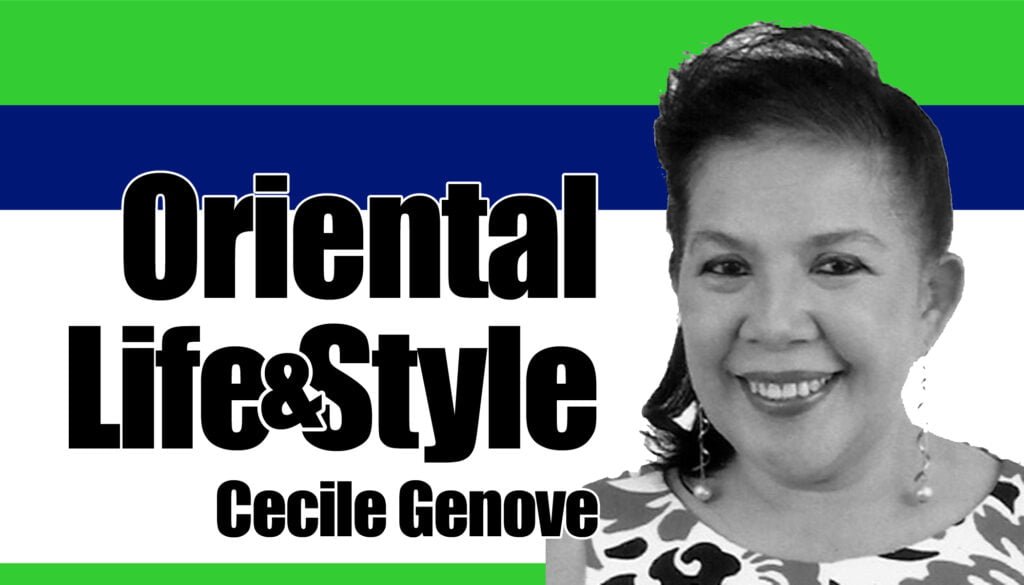
In this day and age when, almost always, recommendations are needed for those who seek employment and even for those seeking admission in college, it may be difficult to distinguish one applicant from another, especially if their credentials and other qualities are approximately at par.
In a personal experience account by Rebecca Sabky who has worked in undergraduate admissions at Dartmouth College, and which was published in a recent issue of the New York Times, she found that “one quality [that] is always irresistible in a candidate [is] kindness.” Sabky continued: “It is a trait that would be hard to pinpoint on applications even if colleges asked the right questions.”
Today’s youth are generally competitive as they “are always intellectually curious and talented.” Referring to the youth as “the next generation’s leaders,” Sabky, in her article titled “Check This Box if You’re a Good Person,” observed that, typically, letters of recommendation come from people of high standing and with an impressive track record. We could only surmise that the applicant’s objective in tapping these individuals is to make a good impression on those who are reading the recommendations.
In her opinion, Sabky intoned that she would rather read closely and give premium on a recommendation given by an ordinary worker, say, a school custodian as she did to an application from a student who went to a large public school in New England.
According to Sabky, the custodian said that an admirable trait of the student was his “thoughtfulness.” The custodian informed that “this young man was the only person in the school who knew the names of every member of the janitorial staff. He turned off lights in empty rooms, consistently thanked the hallway monitor each morning and tidied up after his peers even if nobody was watching. This student had a refreshing respect for every person at the school, regardless of position, popularity, or clout.”
In other words, Sabky elaborated, there are parameters in admission that go beyond “leadership and academics.” The personal qualities of an applicant, for one, need to be keenly observed, like in the way young people act toward their parents. Giving due regard to the maintenance personnel of a school, for example, as they do to their teachers and principals is a good indication of a “sincere character.”
Respect, generosity, and thoughtfulness must be inculcated all the more to the youth today than at any other time.
FREE 3-DAY VIRTUAL SUMMIT
Following the resounding success of the International Socio-Economic Leadership Congress (ISELC), we are thrilled to announce a complimentary three-day virtual summit to be held in June 2024. This summit will delve deeper into the themes of collaboration, funding opportunities, and scholarship programs, building upon the momentum generated during the inaugural event in Dumaguete City last March.
The virtual summit aims to foster continued dialogue and collaboration among global leaders, stakeholders, and participants from diverse backgrounds and geographies. Through interactive sessions, panel discussions, and workshops, attendees will have the opportunity to explore innovative approaches to collaboration, discover funding avenues for socio-economic initiatives, and learn about scholarship opportunities for aspiring leaders and change-makers.
This free virtual summit serves as a platform to amplify the impact of ISELC and Growthinity and extend its reach to a broader audience, ensuring that the discussions and insights shared during the congress resonate far beyond its physical confines. Participants will have the flexibility to engage in the summit from the comfort of their homes or offices, leveraging technology to connect with like-minded individuals from around the world.
Key highlights of the virtual summit include:
1. Collaboration Forums: Interactive sessions focused on fostering collaboration across sectors and geographies, providing participants with practical strategies for building partnerships and driving collective action.
2. Funding Opportunities Workshops: Expert-led workshops exploring various funding mechanisms available for socio-economic initiatives, including grants, impact investing, and corporate partnerships.
3. Scholarship Programs Panel: Informative panel discussions featuring representatives from leading scholarship providers, highlighting scholarship opportunities for aspiring leaders and students passionate about driving positive change.
4. Networking Opportunities: Virtual networking sessions designed to facilitate meaningful connections and exchanges among attendees, fostering collaboration and idea-sharing.
We invite all participants of the ISELC congress, as well as individuals passionate about ethical leadership, social impact, and sustainable development, to join us for this transformative virtual summit. Together, we can continue to catalyze positive change and work towards building a more inclusive, equitable, and sustainable future for all.
Stay tuned for more details on the agenda, speakers, and registration information. For further information and inquiries, please contact: Chairman@growthinity.org | NWI




